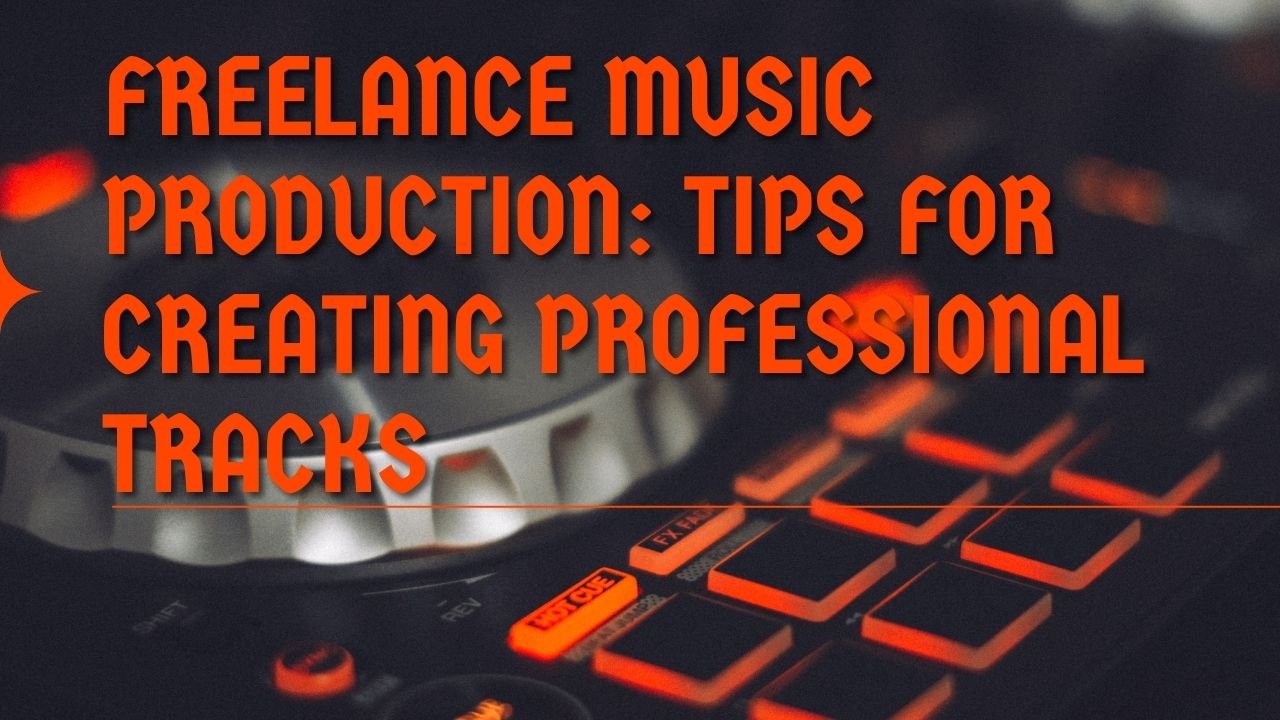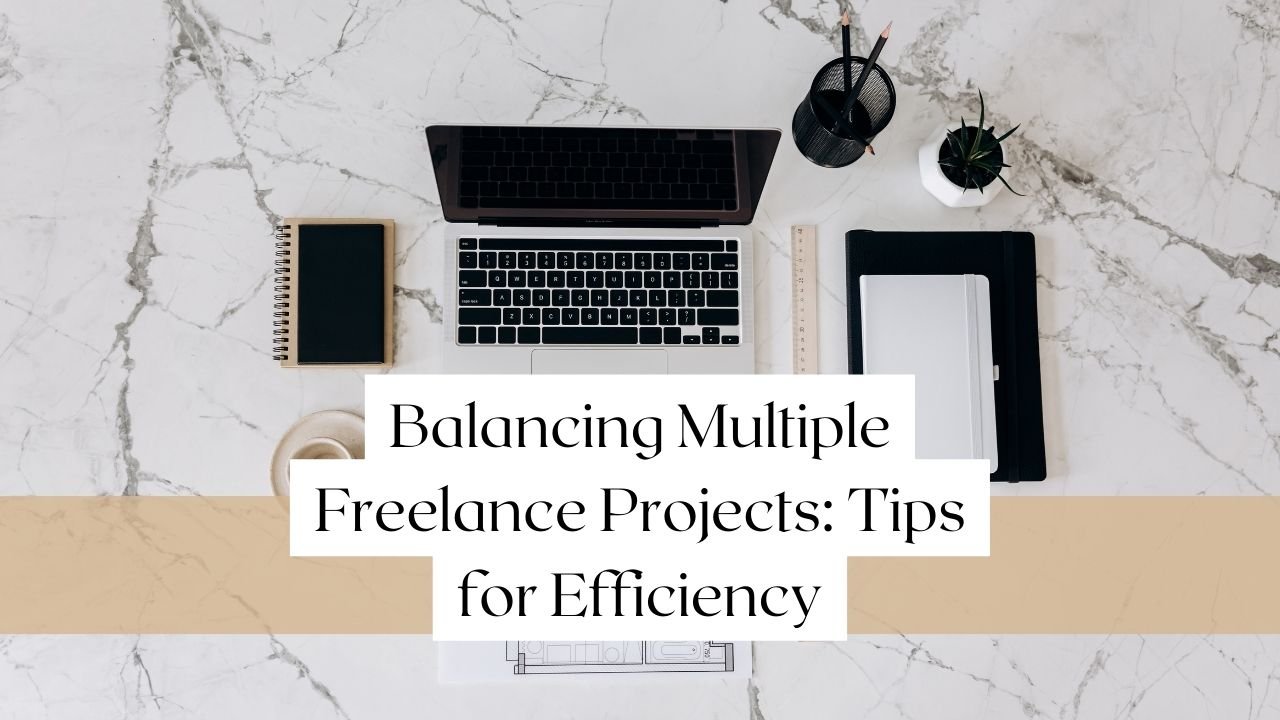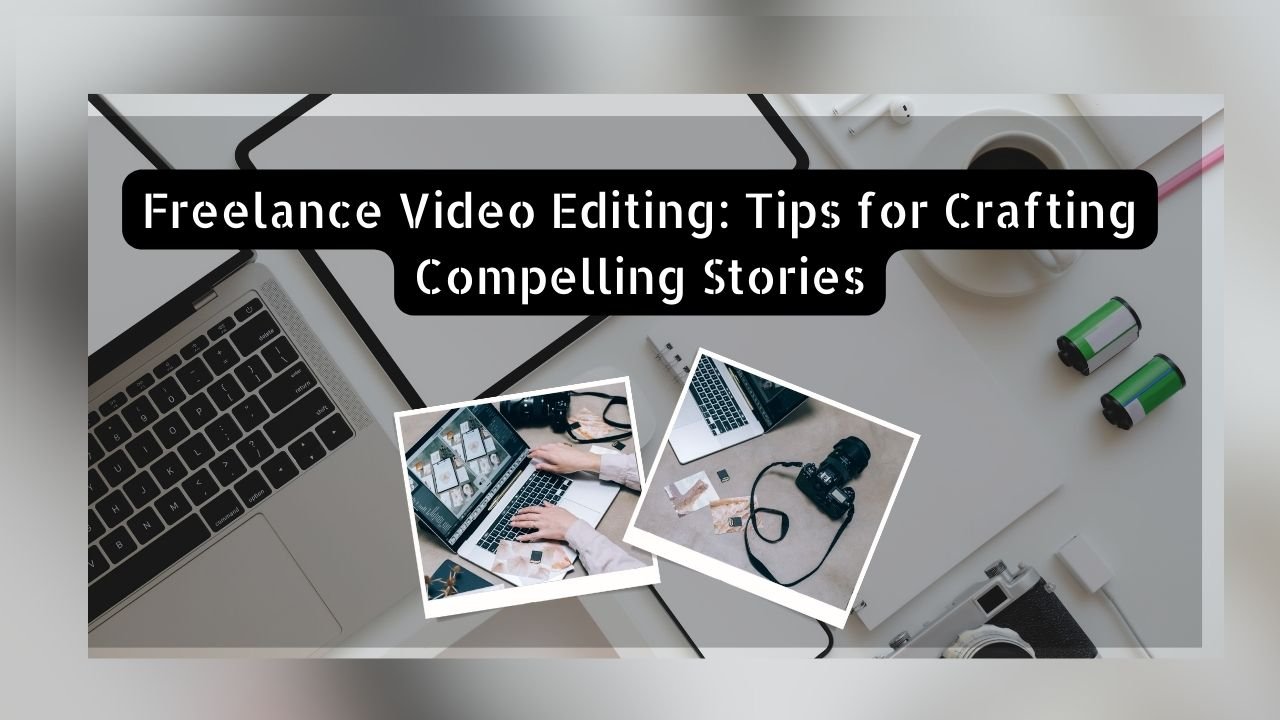As a freelance music producer, you have the opportunity and challenge of creating music for different artists, genres, and projects. You also have the responsibility and freedom of managing your own workflow and delivering quality tracks on time and on budget.
Music production is the process of developing, creating, and refining recorded music for public presentation. It covers every phase in the creation of a song, from songwriting and composition to recording and sound design to mixing and mastering.
Music production can be rewarding and satisfying, especially if you use the right strategies and tools to make your work easier and more efficient. In this blog post, we’ll share some tips and best practices for freelance music production that will help you boost your creativity, productivity, and profitability.
What Does a Music Producer Do?
A music producer can have different roles depending on the genre of music and the type of workflow. In general, a music producer is someone who:
- Creates or helps create the musical vision for a song or a project
- Advises and guides the artists or musicians artistically and technically
- Coordinates and oversees the recording session and the post-production process
- Provides creative input and feedback on the performance, arrangement, sound, and quality of the music
- Communicates and collaborates with other professionals involved in the project, such as songwriters, engineers, managers, labels, etc.
As a freelance music producer, you may work on your own or with a team of other freelancers. You may also work on different types of projects, such as:
- Producing original music for artists or bands
- Producing beats or instrumentals for singers or rappers
- Producing music for film, TV, video games, or commercials
- Producing remixes or covers of existing songs
- Producing soundtracks or sound effects for various media
No matter what type of project you work on, you need to have certain skills and tools to succeed as a freelance music producer. Here are some of them:
What Skills and Tools Do You Need as a Freelance Music Producer?
Some of the skills and tools that you need as a freelance music producer are:
- Musical skills: You need to have a good ear for music and a solid understanding of musical concepts, such as melody, harmony, rhythm, structure, genre, etc. You also need to be able to play at least one instrument proficiently and compose music according to different directives.
- Technical skills: You need to be proficient with various software and hardware tools that are used for music production, such as digital audio workstations (DAWs), plugins, synthesizers, samplers, microphones, audio interfaces, monitors, etc. You also need to be able to record, edit, mix, and master audio using these tools.
- Creative skills: You need to be able to come up with original and innovative ideas for music production that suit the project’s goals and the client’s expectations. You also need to be able to adapt to different styles and genres of music and create professional-quality tracks that stand out from the crowd.
- Business skills: You need to be able to manage your own workflow and finances as a freelance music producer. You also need to be able to market yourself and your services effectively and build a strong network of clients and collaborators.
How to Plan Your Freelance Music Production Projects
The first step in any music production project is planning. This is where you define the scope, objectives, deliverables, timeline, budget, and resources of your project. Planning is crucial for setting clear expectations, avoiding scope creep, and ensuring a smooth execution.
Here are some tips on how to plan your freelance music production projects:
- Understand your client’s needs and expectations: Before you start working on a project, make sure you have a clear understanding of what your client wants and expects from you. Ask questions, clarify details, confirm requirements, and document everything in a contract or proposal.
- Break down your project into smaller tasks: Once you have a clear picture of your project’s scope and deliverables, break it down into smaller and more manageable tasks. This will help you estimate the time, effort, and cost of each task, as well as prioritize them according to their importance and urgency.
- Create a realistic timeline: Based on your task breakdown and estimation, create a realistic timeline for your project. Include milestones, deadlines, dependencies, buffers, and contingencies. Use a calendar or a Gantt chart to visualize your timeline and track your progress.
- Set a reasonable budget: Based on your task breakdown and estimation, set a reasonable budget for your project. Include all the costs involved in completing the project, such as materials, tools, fees, taxes, etc. Use an invoice or a spreadsheet to track your expenses and income.
- Choose the right tools: Based on your project’s size, complexity, methodology, and collaboration needs, choose the right tools to help you plan, execute, and monitor your project. Use a DAW to create and record your music, a communication tool to stay in touch with your clients and team members, a file-sharing tool to store and share your files, a feedback tool to collect and respond to your client’s comments and suggestions, etc.
How to Execute Your Freelance Music Production Projects
The second step in any music production project is execution. This is where you actually do the work and deliver the results. Execution is the most challenging and rewarding part of music production, as it requires creativity, discipline, and problem-solving skills.
Here are some tips on how to execute your freelance music production projects:
- Follow your plan: Once you have a solid plan for your project, follow it as closely as possible. Stick to your timeline, budget, and scope, and avoid unnecessary changes or distractions. If you encounter any issues or risks, communicate them to your client or team members and find solutions as soon as possible.
- Track your progress and performance: As you work on your project, track your progress and performance against your plan. Use a DAW to update your tasks, mark them as completed, and report any issues or delays. Use a feedback tool to collect and respond to your client’s comments and suggestions. Use a quality assurance tool to test and verify your work.
- Deliver quality results: As you complete your tasks and deliverables, make sure they meet or exceed your client’s expectations and standards. Check your work for errors, bugs, or inconsistencies, and fix them before submitting them. Use a mixing and mastering tool to polish and enhance your sound. Ask for feedback from your client or team members and make improvements if needed.
- Celebrate your achievements: As you finish your project, celebrate your achievements and reward yourself for a job well done. Thank your client or team members for their collaboration and support. Ask for a testimonial or a referral from your client to boost your reputation and credibility. Review your project’s performance and lessons learned to improve your skills and processes.
Conclusion
Music production is an exciting and fulfilling career for freelancers who love creating music. By using effective music production strategies and tools, freelancers can plan, execute, and monitor their projects more efficiently and effectively, resulting in higher quality tracks, happier clients, and more income.
If you’re looking for a freelance music producer who can help you with your projects, look no further than SoundBetter. SoundBetter is an online marketplace that connects you with the best freelance music producers in the world. Whether you need help with pop, rock, hip-hop, EDM, or any other type of music, SoundBetter has the right freelancer for you.
SoundBetter’s freelance music producers are vetted, verified, and experienced professionals who can handle any project size and complexity. They use the best music production software and tools to ensure a smooth workflow and communication. They also offer flexible pricing models and payment methods to suit your budget and needs.




